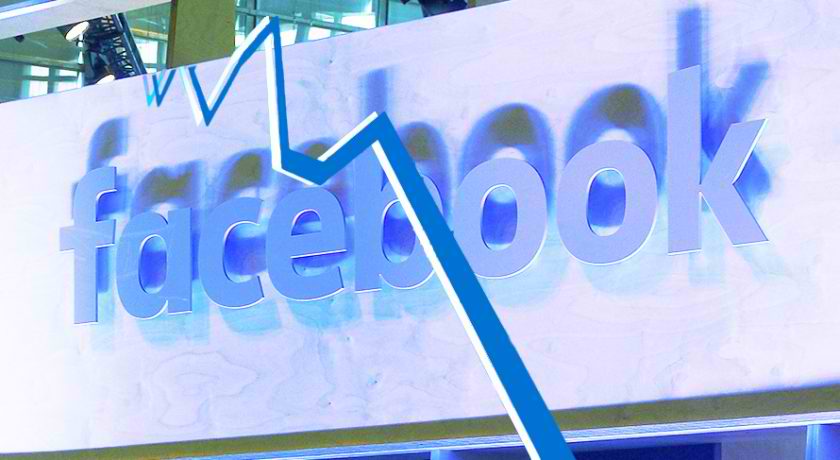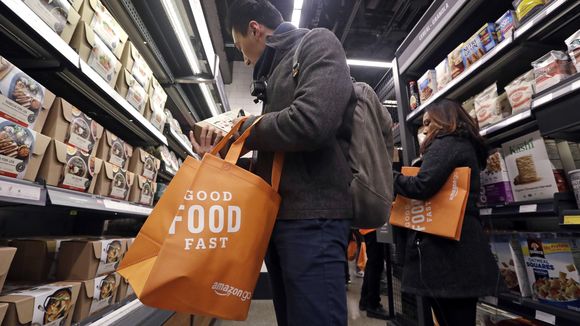
If Facebook’s announcement last Thursday that its News Feed algorithm was being altered to favor posts from friends and family over those from publishers and pages came as a surprise to anyone, it probably shouldn’t have.
A source at the social network even said, “We’ve been openly discussing the decline in organic reach for a long time—almost four years. I know it’s still surprising to many, but it certainly wasn’t a secret.”
It seems as if page administrators—for both brands and media companies—have been complaining about declining organic reach since Facebook introduced pages in November 2007, and those complaints only got louder as time wore on and Facebook continued to tweak what its users saw. In fact, organic reach plummeted from 16 percent in 2012 all the way down to 1 percent to 2 percent in 2014.
Below is a quick timeline of how we got here:
2013
Publishers initially benefited from the constant adjusting of Facebook’s News Feed algorithm. The social network said when introducing one of those tweaks in December 2013 that average referral traffic to media sites had skyrocketed more than 170 percent in the past year, and it wanted users to see more relevant articles.
On that note, Facebook introduced its Related Articles feature, and it updated its Story Bumping feature to show users stories with new comments.
In the days after revealing that change to its algorithm, Facebook admitted what page admins already knew: Organic reach for pages was about to plummet. The social network said at the time, “On a given day, when someone visits News Feed, there are an average of 1,500 possible stories we can show. As a result, competition for each News Feed story is increasing. Because the content in News Feed is always changing, and we’re seeing more people sharing more content, pages will likely see changes in distribution. For many pages, this includes a decline in organic reach. We expect this trend to continue as the competition for each story remains strong and we focus on quality.”
2014
Just how large those declines were became evident in March 2014, when Sam Biddle of Valleywag reported that Facebook was in the process of lowering organic page reach to 1 percent to 2 percent, and the social network confirmed this activity to Jennifer Van Grove of CNET.
In June of that year, then-vice president of ads product marketing and Atlas Solutions Brian Boland explained Facebook’s motives in detail, comparing the decline in organic reach to similar moves by search engines when more content competed for rankings, and said that while organic content still had some value, paid media was the way to go.
2016
Publishers really began to feel the bite in June 2016, when Facebook introduced another change to its News Feed algorithm that gave more weight to posts from friends and family (sound familiar?).
The social network said at the time that organic reach and referral traffic would likely decline for pages that relied on page posts, while those with content that spurred shares, likes and comments would see less of an effect.
2017
Facebook seemed to be preparing publishers for the inevitable when it rolled out its Explore alternative News Feed in October 2017. Explore is an ad-free News Feed containing content from publishers—from both pages followed and not followed by users—but publishers worried about whether people would opt to leave their traditional News Feeds and take the extra step to seek out their content.
Things got worse for publishers later that month, when Facebook confirmed that it was testing a split of its News Feed into two different feeds—one containing posts from friends and family, and the other made up of content from pages.
The social network said at the time that the test was only being run in six countries— Sri Lanka, Bolivia, Slovakia, Serbia, Guatemala and Cambodia—with no plans to implement the change globally, but some publishers in those countries began feeling the effects immediately.
Filip Struhárik, editor and social media manager at Denník N, a newspaper in Bratislava, Slovakia, said in a blog post that in the days after Facebook launched the test in his country, the 60 largest Slovak media pages saw four times fewer interactions (likes, comments and shares).
Vice president of News Feed Adam Mosseri sought to ease publishers’ worries, saying at the time, “The goal of this test is to understand if people prefer to have separate places for personal and public content. We will hear what people say about the experience to understand if it’s an idea worth pursuing any further. There is no current plan to roll this out beyond these test countries or to charge pages on Facebook to pay for all of their distribution in News Feed or Explore. Unfortunately, some have mistakenly made that interpretation, but that was not our intention.”
So even though last week’s news shouldn’t have caught anyone off guard, it likely doesn’t ease the blow for publishers and pages.
























